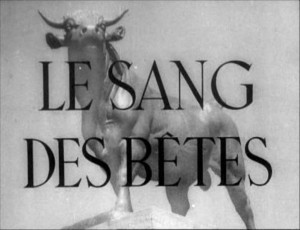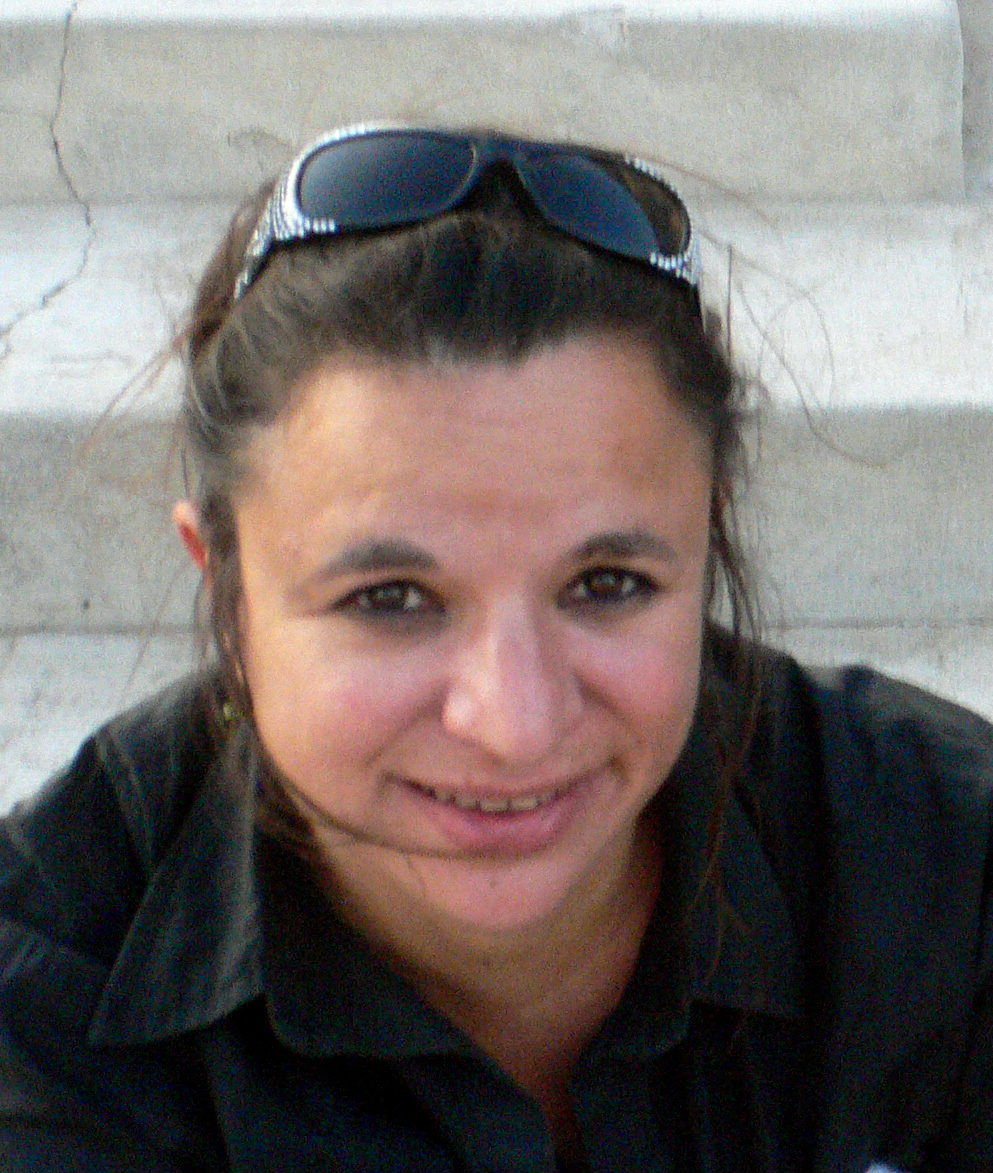The French documentary filmmaker Emmanuelle Demoris, whose five-film series Mafrouza will be screening March 6-10 at the Museum of Modern Art (MoMA), presents and discusses two personally influential, broadly important short French documentaries in conversation with the critic Aaron Cutler. The two will also hold a conversation about Mafrouza during a MoMA Modern Mondays event the following evening, March 11, at 7 P.M.
“Both Blood of the Beasts and L’Ordre are as realistic as they are poetic. They do not impose a poetic vision in order to cover the world, instead they create poetry out of the world itself. No ostentation or showing off, just a certain kind of tenacity, harshness, persistence in facing the world, in facing both its tenderness and its cruelty. The films can go far into the fields of cruelty because they go far into tenderness, too. Both directors have divided their work into two extreme and opposite directions: such harsh documentary films on one side, but also, on the other side, light fiction films such as Franju’s Judexand Pollet’s L’Acrobate, which revisit some popular forms of cinema by means of poetry.” — Emmanuelle Demoris
Program
 Blood of the Beasts (Le Sang des bêtes)
Blood of the Beasts (Le Sang des bêtes)
Georges Franju | 1949 | 20 minutes | DVD projection
A guided tour through a Parisian slaughterhouse, in which we are shown first the tools and then the steps involved in killing, dismembering, and cleaning horses, cows, and other animals. The film, with the help of voiceover written by science and nature filmmaker Jean Painlevé, gracefully places these activities within the context of the urban workday. Some brief footage of Franju discussing the making of the film and his ideas on documentary filmmaking will also be screened.
Thanks to the Criterion Collection

L’Ordre (Order)
Jean-Daniel Pollet | 1973 | 41 minutes | digital projection
“I have been imprisoned for 36 years without having committed any kind of crime.” The film explores a leper colony on the beautiful, shimmering Greek island of Spinalonga, near Crete, which contains people who have been forcibly banished there since the colony’s 1904 establishment. Several residents are shown, and one man speaks about his condition at length. The dialogue between him and the camera leads to questioning the very question of health, of its normality, and of the feelings compassion creates. As the leper says: “We pity you, sincerely, for your indifference, your insolence.”
Pollet’s film Le Sang will also screen at Anthology Film Archives on March 9 and 13
Thanks to éditions de l’oeil
For more information on the five Mafrouza films, including trailers, images, and reviews, please visit the series website.








